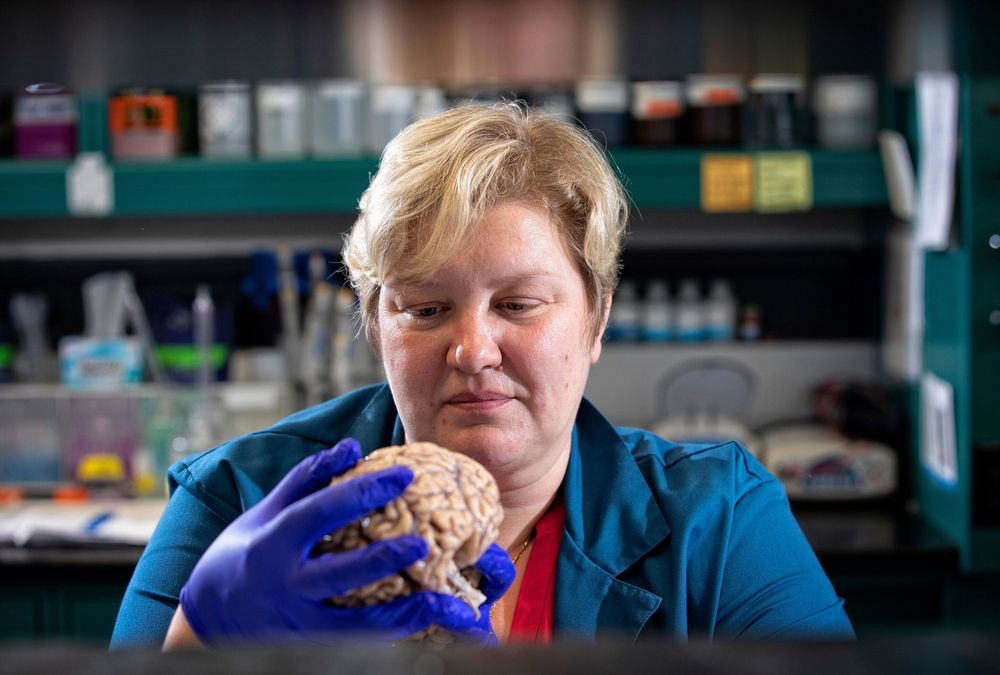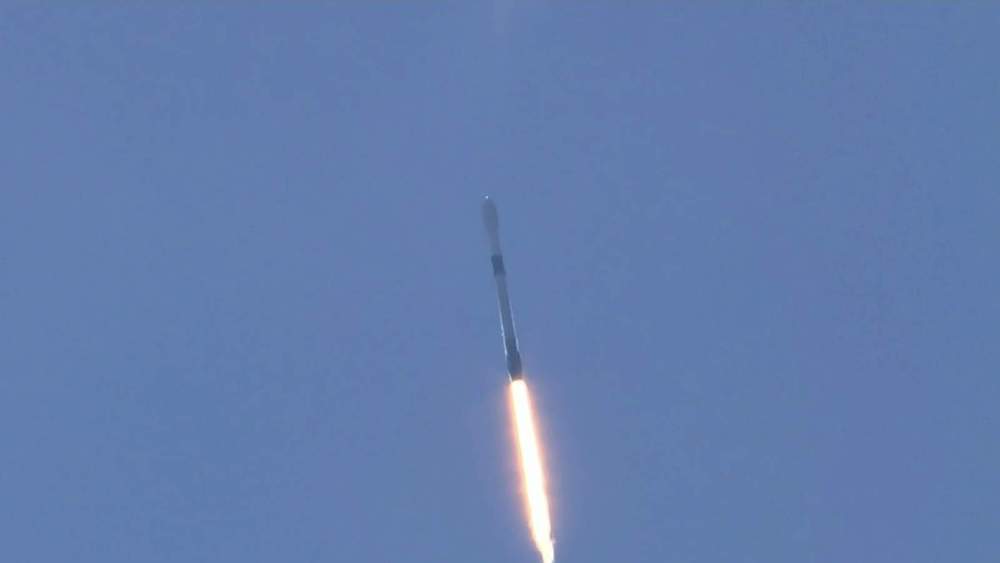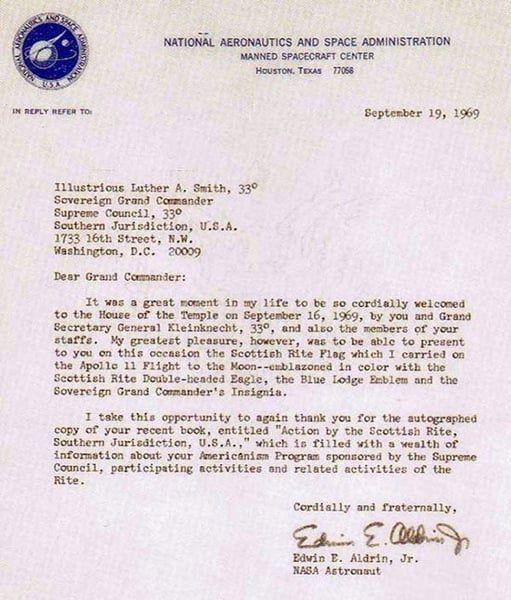South Africa’s President, Cyril Ramaphosa has sourced for a R4.4 billion (USD260 million) investor funding at the sustainable infrastructure development symposium. The South African National Space Agency (SANSA) will receive R3 billion (USD177 million) to develop and design up to six satellites in the next four years. The total funding will incubate South Africa’s Space hub. This information was disclosed by the CEO of SANSA, Val Munsami.
South Africa’s President, Cyril Ramaphosa has sourced for a R4.4 billion (USD260 million) investor funding at the sustainable infrastructure development symposium. The South African National Space Agency (SANSA) will receive R3 billion (USD177 million) to develop and design up to six satellites in the next four years. The total funding will incubate South Africa’s Space hub.
This information was disclosed by the CEO of SANSA, Val Munsami.
While speaking to newsmen, Munsami noted that the agency has received R150 million (USD8.8 million) Parliamentary grant annually. “If we hadn’t gotten the [space] infrastructure hub funding and just had to go along with the [National] Treasury allocation, it would have taken us decades to look at strengthening the space value chain we’re considering now”.








